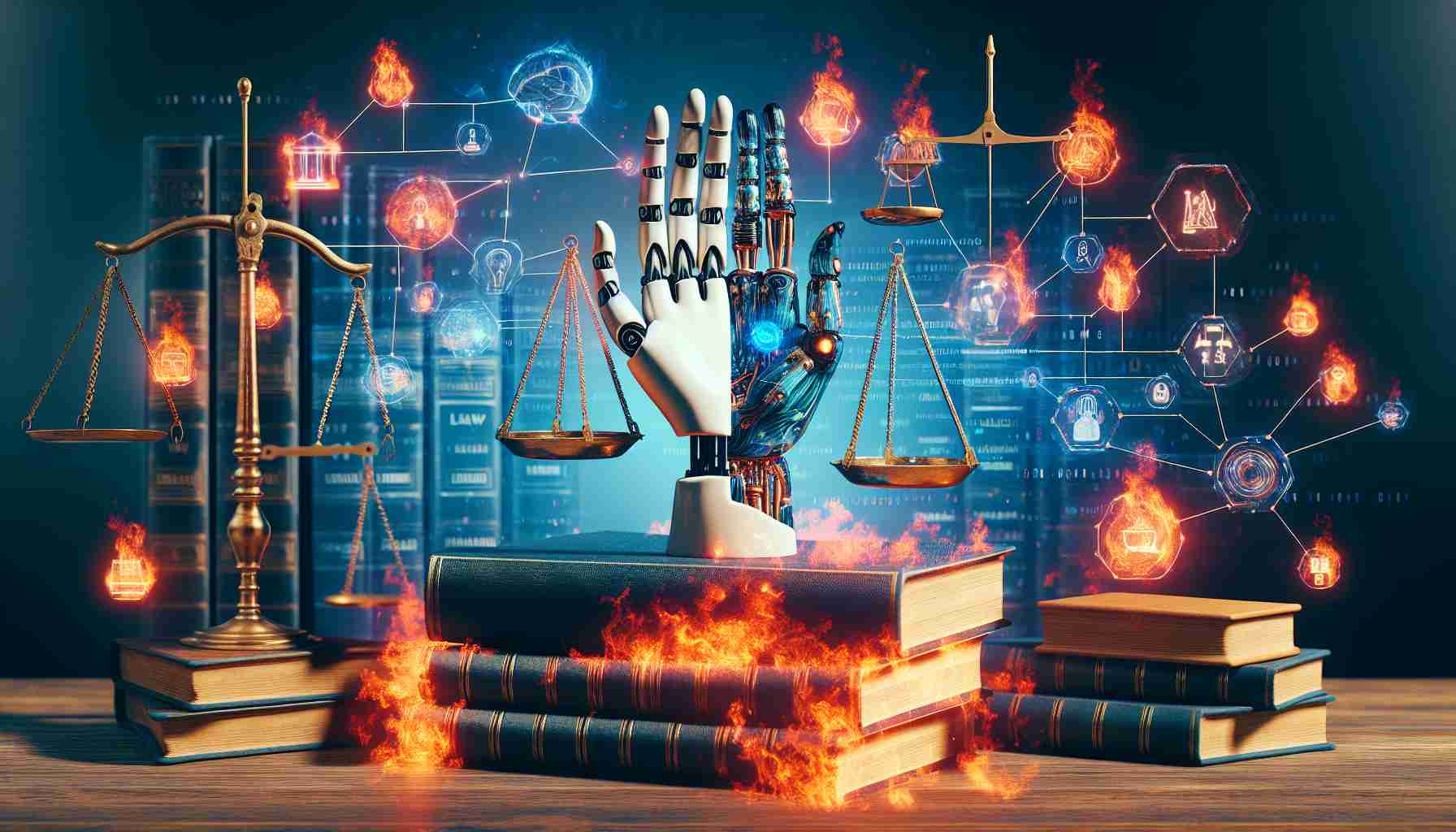Addressing the Legalities of Artificial Intelligence
As technology swiftly advances, Edyta Przypyłek, the owner of the legal firm Iurisco, has drawn attention to the need for comprehensive legal frameworks to manage the impact of artificial intelligence (AI) and other new technologies. This dialogue took place against the backdrop of the European Economic Congress in Katowice, an event that not only focuses on economic and energy transformation but also delves into the implications of emerging technologies.
The Double-Edged Sword of AI Progress
Przypyłek pointed out both the potential benefits and risks associated with AI as it increasingly integrates into day-to-day life. While AI has the power to bolster our development and provide substantial aid in various sectors, the threat it poses should not be underestimated. This emphasizes the importance of ongoing vigilance and awareness in the era of digital progress.
Comprehensive Legislation as a Shield
Experts have identified an urgent necessity for thoroughgoing legislation at both the EU level, with initiatives like the proposed AI Act, and national levels. The need for such comprehensive legal challenges reflects the complexity and all-encompassing nature of AI’s integration into society.
Staying Alert in the Age of Cyber Vulnerability
In the interview, Przypyłek also highlighted the broader risks of rapid technological evolution, particularly cybercrime. She warns that without due diligence, anyone could fall prey to digital manipulation or cybercrimes, reinforcing the message that caution is paramount in our interactions with technology.
As AI becomes more present in various aspects of our lives, the full interview with Przypyłek serves as a reminder of the challenges and considerations that must be taken into account in this new digital landscape.
Important Legal Questions Surrounding AI Development
With the increased use of AI, several critical questions arise regarding its regulation:
1. Who is liable for AI actions?
Determining who is responsible for the harm caused by AI systems is challenging. Is it the developers, the users, the owners, or the AI itself?
2. How do we protect privacy?
AI systems can process vast amounts of personal data. Ensuring privacy while still enabling innovation is a delicate balancing act.
3. What are the implications for employment?
As AI automates tasks, what legal protections should be in place for workers whose jobs might be affected?
Key Challenges and Controversies
Accountability: There’s an ongoing debate about creating a legal entity category for AI, which could enable it to be held accountable.
Transparency: The “black box” nature of many AI systems makes it difficult to explain decisions, complicating legal scrutiny.
Regulatory Pace: Technology often evolves faster than laws can be updated, leading to potential regulatory gaps.
Advantages and Disadvantages of Advanced AI and Technology
Advantages:
– AI can drive innovation and efficiency in various sectors.
– It can assist in decision-making, potentially reducing human error.
– AI may provide solutions for complex problems in fields like healthcare, environmental management, and more.
Disadvantages:
– AI may perpetuate and amplify biases present in training data.
– The displacement of jobs due to automation can create economic and social issues.
– There is a risk of dependency on technology, with significant implications if systems fail.
For those interested in the broader implications and ongoing discussions regarding the legalities of AI, these links to main domains may be helpful:
– European Commission
– United Nations
– Institute of Electrical and Electronics Engineers (IEEE)
Please note that most websites focused on legal aspects related to AI and technology would typically have specific pages or documents detailing their policies, so direct links to these pages could provide more in-depth information, but only the main domains are provided here.

